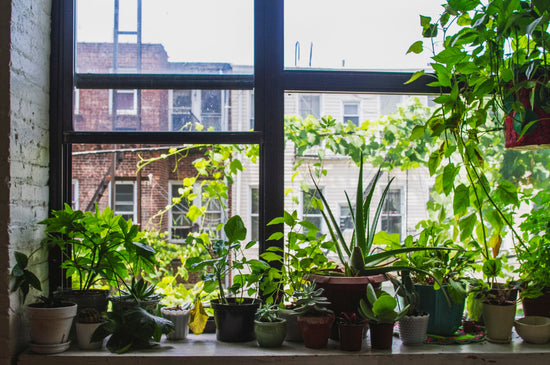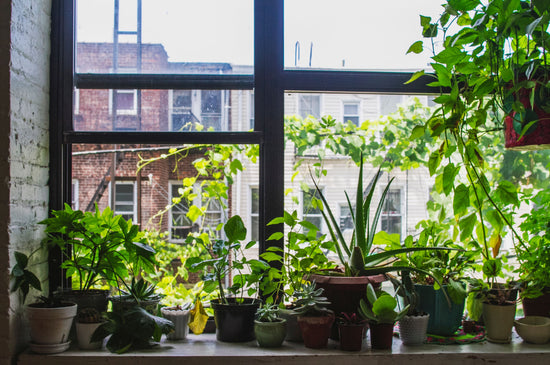Are Fig Tree Leaves Poisonous?
Fig trees are beloved for their lush foliage, edible fruit, and ornamental appeal. Whether you're growing a ficus carica for its sweet fruit or adding a fig tree plant to your garden for aesthetic purposes, understanding the safety of fig tree leaves is essential—especially for households with pets and children. While fig fruits are a well-known delicacy, questions often arise about the toxicity of fig tree leaves.
Discover the perfect fig tree for your home or garden in our Fruit Trees Collection, including options like Fig Tree Starter Plants and Beers Black Fig Tree.
Are Fig Tree Leaves Safe for Humans?
Fig tree leaves are non-toxic to humans and have even been used in various culinary and medicinal applications. Here’s how they’re utilized:
- Culinary Uses: Fig leaves add a unique flavor to baked goods, teas, and grilled dishes.
- Herbal Remedies: Known for their potential health benefits, fig leaves are sometimes used in alternative medicine.
Varieties like the Chicago hardy fig tree and violette de bordeaux fig are popular choices for their robust growth and versatility.
Are Fig Tree Leaves Toxic to Pets?
Fig tree leaves can be mildly toxic to pets, such as cats and dogs, if ingested in large quantities. They contain sap that may cause:
- Skin irritation if touched
- Gastrointestinal upset if consumed
It’s best to keep varieties like the black mission fig tree or celeste fig tree out of reach of curious pets to avoid potential issues.
Key Benefits of Fig Trees
- Nutritional Value: Fig fruits, such as those from the brown turkey fig tree, are packed with vitamins and fiber.
- Ornamental Appeal: The large, lush leaves of the figtree tree enhance any garden or indoor space.
- Versatility: Whether grown as a potted fig tree or in the ground, fig trees adapt to various climates and conditions.
How to Handle Fig Tree Leaves Safely
- For Humans: Wash hands after handling fig tree leaves to avoid skin irritation from the sap.
- For Pets: Position your mission fig tree or tiger fig in areas inaccessible to pets.
Popular Fig Tree Varieties to Grow
-
Brown Turkey Fig Tree
- A fast-growing variety known for its sweet, reddish fruit.
-
Black Mission Fig Tree
- Renowned for its dark purple fruit with a rich, sweet flavor.
-
Little Miss Figgy
- A compact option ideal for container gardening.
-
Kadota Fig Tree
- Produces light green fruit with a smooth texture.
-
Chicago Hardy Fig Tree
- Perfect for colder climates due to its frost tolerance.
FAQs About Fig Tree Leaves
Q: Are fig tree leaves poisonous to children?
No, fig tree leaves are not poisonous to humans, including children. However, the sap may cause mild irritation if touched.
Q: Can fig tree leaves be used in cooking?
Yes, fig tree leaves are often used to wrap foods for grilling or steaming and add a subtle flavor to dishes.
Q: Are fig trees safe to grow indoors?
Yes, varieties like the potted fig tree or fig bonsai thrive indoors with proper care and sunlight.
Fig trees are a wonderful addition to any garden or indoor space, offering both beauty and practicality. For a closer look at the options available, explore our Fruit Trees Collection or check out individual varieties like the Tissue Culture Fig Tree Starter Plants. Wekiva Foliage has everything you need to start your fig-growing journey today!





